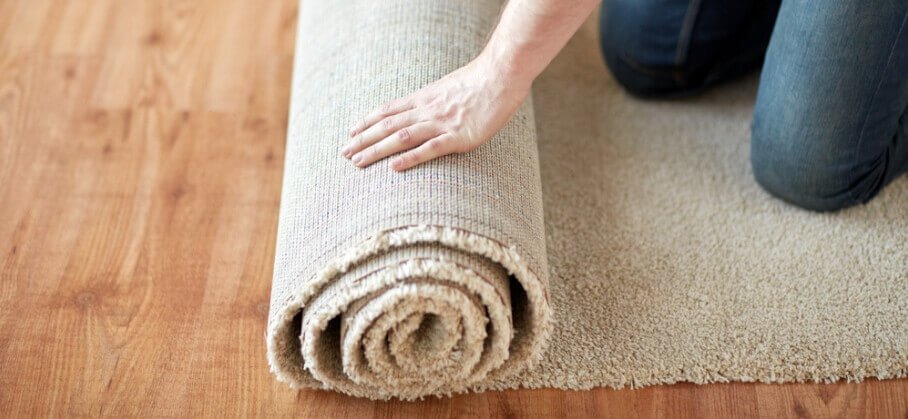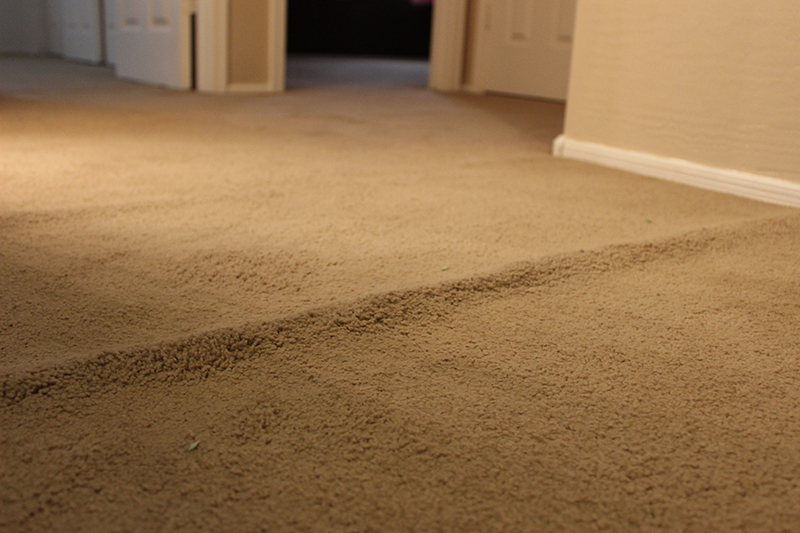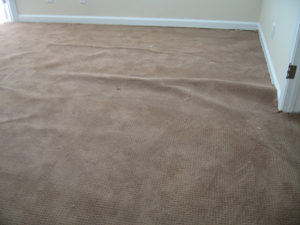When a wall to wall carpet is installed it must be stretched tightly and then is secured in place with tack strips along the edges of the carpet.
What causes wall to wall carpet to stretch.
Beginning at one end of the built in stretch the carpet and then push the carpet backing into the tack strip with your hand.
The manufacturing of the carpet itself has changed and carpets are stiffer now.
Over time heavy foot traffic and repeated carpet cleanings can loosen the.
Furthermore fluctuations in the level of humidity in four season climates where dry summers are followed by wet weather also cause temporary buckling during the cold rainy months.
Stretch the carpet toward the wall.
If the installer has not stretched the carpet tightly enough it may loosen slightly which could cause it to ripple.
Sometimes the carpet unfastens due to humidity other.
Carpet buckling may occur as a result of poor installation of the carpet.
When a carpet is installed your carpet installer should stretch it as much as possible because it may loosen up a little bit in the following days.
Increments moving first toward any side wall that has a door.
Even the nicest wall to wall carpeting can start to buckle ripple or wrinkle over time when it loosens and lifts from the initial adhesive.
This is one of the major reasons for carpet to wrinkle.
Power stretch the length first following the numbered sequence shown.
Then ease the stretcher s lever down to drive the teeth into the carpet.
Carpet wrinkles are the result of your carpet not being stretched in tight enough to prevent wrinkles from forming over time.
This makes utilizing the proper tools and techniques when installing the carpet imperative.
When installed correctly wall to wall carpeting stretches taut across the floor with no visible bulges or wrinkles.
In some cases the carpet may return to its normal flat nature but it is recommended that a carpet acclimates to the new room at a moderate temperature.
Humidity and excess heat excessive temperatures in a room can affect and ultimately cause wrinkling and buckling.
If a carpet is not stretched properly during installation the carpet can loosen and develop ripples and wrinkles.
All year round high humidity makes it swell and overstretch which can eventually cause ripples on the carpet.
The reason is that the carpet is secured in place using tack strips which are basically wodden pieces that are nailed to the floor and have spikes that hold the carpet in place.





























